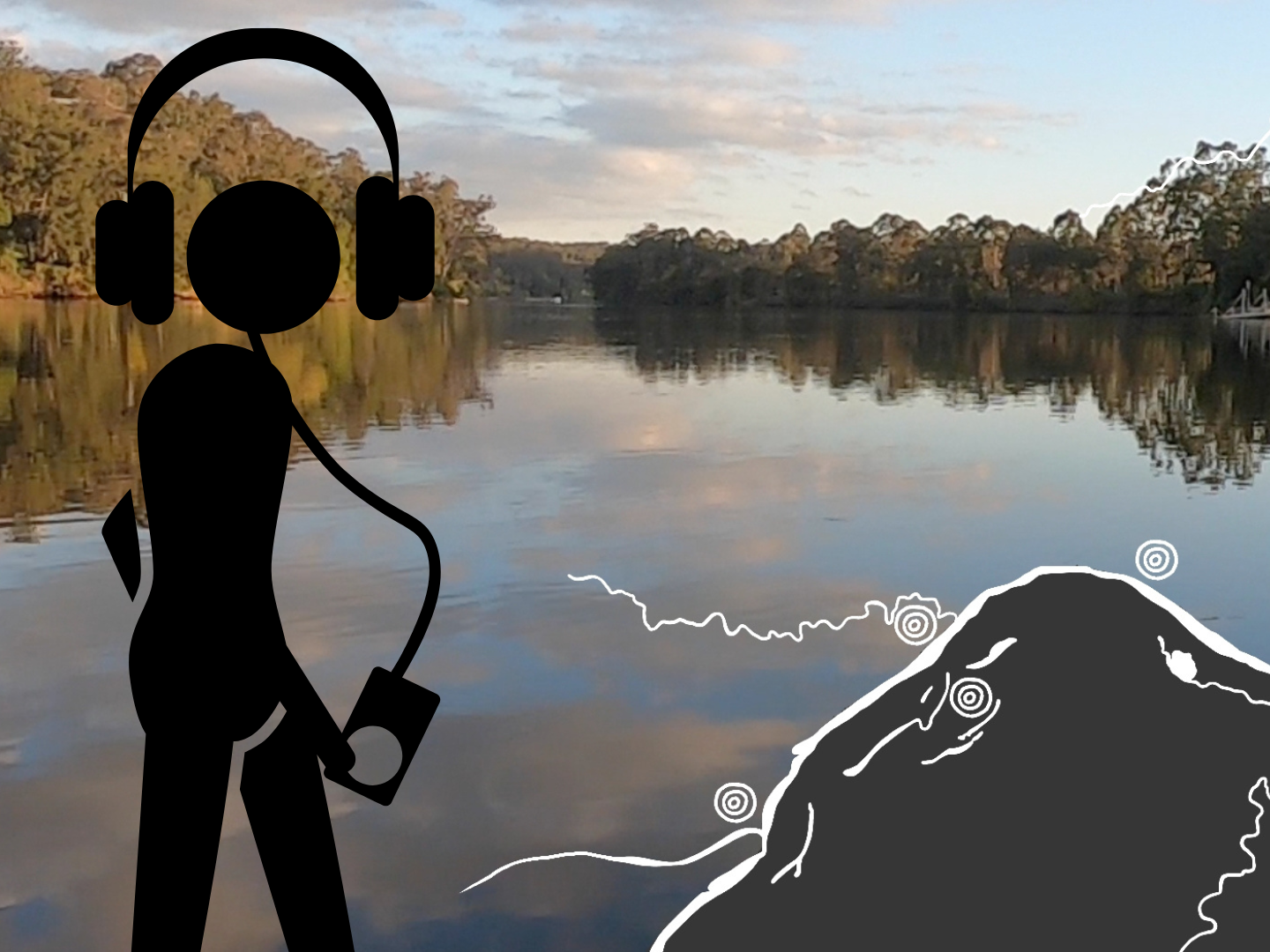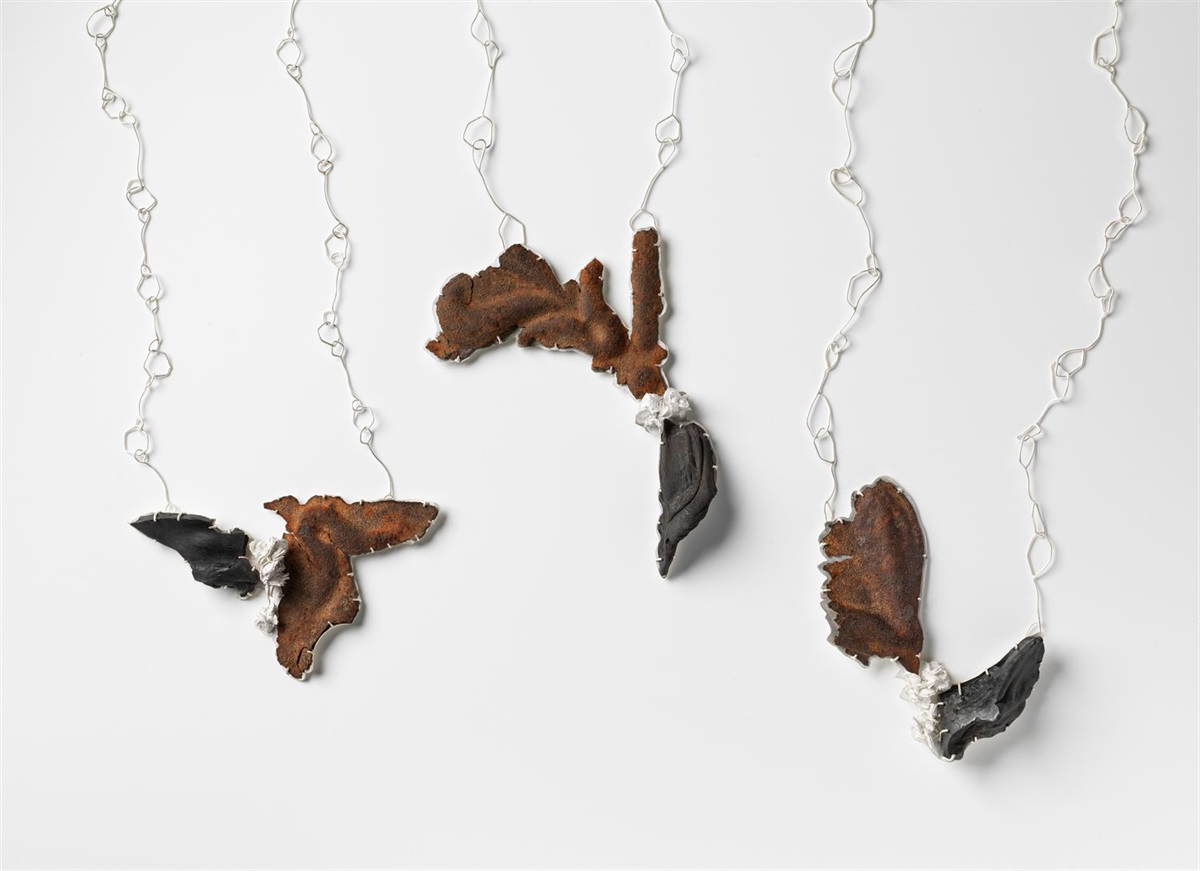A new research project, jointly funded by ACIAR and Canada’s International Development Research Centre (IDRC), seeks to reduce horticultural loss in the South Pacific region.
ACIAR Research Program Manager for Horticulture, Irene Kernot, said the project will focus on food loss in horticulture supply chains in Fiji, Samoa, Solomon Islands and Tonga.
‘Reducing loss at all points in the value chain will help to boost the availability and affordability of nutritious fruits and vegetables,’ said Ms Kernot.
‘In the Pacific region, the health implications of people not eating enough fruit and vegetables result in them experiencing among the world’s highest levels of non-communicable diseases such as diabetes.’
Project leader Dr Seeseei Molimau-Samasoni, Manager for the Plants and Postharvest Technologies Division in the Scientific Research Organisation of Samoa, added that getting the fresh food system operating efficiently is critically important for the region to address non-communicable diseases.
‘This project will directly contribute to the fight against non-communicable diseases-or NCDs-in the Pacific region from within the homes of farmers and the purchasing experience of consumers.’
Dr Molimau-Samasoni, a Meryl Williams Fellow, said smallholder farmers in the Pacific region can experience food losses from 5-20% of their total production.
‘Lost productivity also disincentivises farmers from participating in commercial value chains, has adverse gender impacts in terms of female market vendor economic loss, and increases the region’s reliance on imported produce.’
‘Food loss means income loss for farmers, and nutrition loss for consumers.’
As such, addressing food loss in the region could improve monetary returns for farmers, as well as food availability and affordability for consumers.
This project team will seek to understand where food loss occurs, then design affordable interventions to reduce the social and the economic cost of food loss.
Dr Molimau-Samasoni said the project will include surveys, trainings, workshops and intervention trials.
‘Using a gender-inclusive approach, we will work with farmers and vendors to identify the levels of food losses in each country. Then, using foresighting and key informants in each partner country, we will prioritise value chains for interventions, that can produce the most social, health and economic benefits for farmers and vendors,’ said Dr Molimau-Samasoni.
‘We will then work together with stakeholders to identify the drivers of food losses in these prioritised value chains. Such engagements will include discussions on farmer practice, gender, social/cultural and technological environments that are contributing to food loss.’
Dr Molimau-Samasoni said the project team would then have stakeholder-led discussions on identifying potential interventions to address drivers of food loss, which will then be trialled.
Using stakeholder participation techniques ensures the project team is collecting information from people who experience horticultural loss along various value chains.
‘Engaging stakeholders ensures we are aware of drivers of food loss based on stakeholder experiences, capacities and limitations. Using stakeholder participations also ensures interventions we trial are interventions that are relevant, practical and sustainable in the Pacific region,’ said Dr Molimau-Samasoni.
Dr Molimau-Samasoni said this project would allow the Scientific Research Organisation of Samoa to make a regional contribution to reducing Pacific horticultural food loss.
The other project partners are Mainstreaming of Rural Development Innovation Tonga Trust, Fiji National University, Solomon Islands National University, University of the Sunshine Coast, Western Sydney University and Griffith University.
This project is part of the ACIAR-IDRC Food Loss Research Program, which will work with partners in developing countries to address food loss through innovative, locally driven solutions.
Learn more about the project via the ACIAR website.









